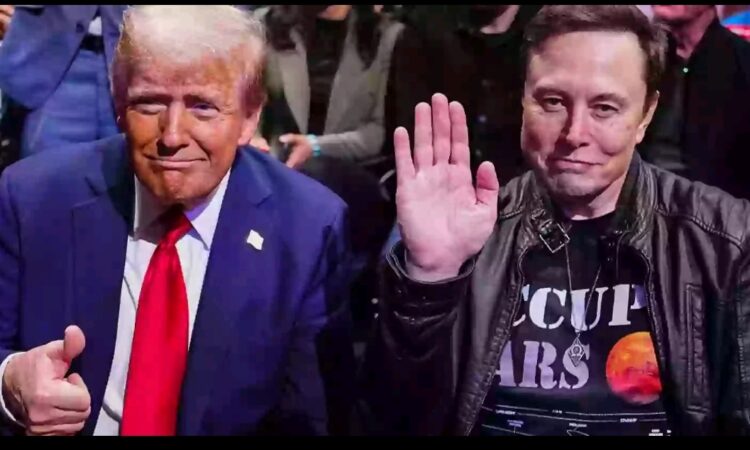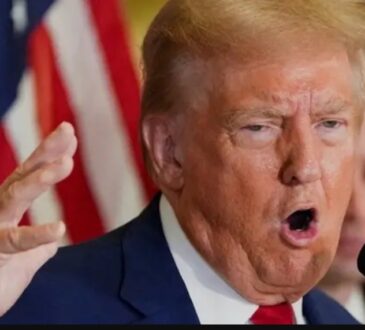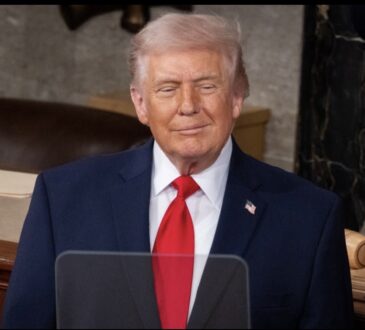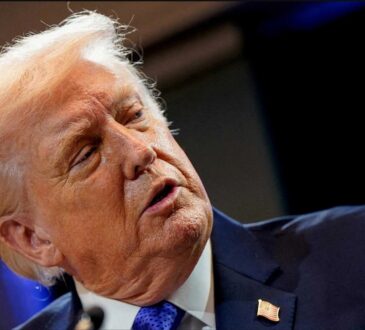Truth behind whether Trump can actually deport Elon Musk as the billionaire has ominous response to president’s threat

Donald Trump recently hinted that he might consider deporting Elon Musk, but whether he could actually do that is a different matter.
Just a few months ago, Trump and Musk seemed to be on good terms. They were even pictured together at the White House, working together to try and cut government spending through a group they called the Department of Government Efficiency, or DOGE.
But things have changed. On July 1st, when reporters asked Trump if he planned to deport Musk, he responded vaguely, saying, “We’ll have to take a look.” This came after disagreements between the two, especially over Trump’s proposed new law known as the “Big, Beautiful Bill.” Trump said Musk was upset about possibly losing government support for electric vehicles. He also warned that Musk could “lose a lot more” than that.
Musk didn’t stay silent. He responded online, saying it was “so tempting” to fight back, though he added he would hold off for now.
Even though Musk is strongly connected to the U.S. through his companies—Tesla, SpaceX, and X (formerly Twitter)—he was actually born in South Africa and moved to the U.S. in the 1990s. At first, he had a J-1 visa and then an H-1B visa, which allowed him to work in the U.S. in specialized jobs. Later, in 2002, Musk became a naturalized American citizen, meaning he officially became a U.S. citizen after meeting all the legal requirements.
Generally, once someone becomes a citizen, they cannot be deported. However, there are some rare exceptions. If a naturalized citizen commits very serious crimes like terrorism, human rights violations, or lies during their citizenship process, they could lose their citizenship.
They might also be at risk if they act against the U.S., like committing treason or serving in a foreign military or government without permission.
But in Musk’s case, experts say this is extremely unlikely. Michael Kagan, a law professor at the University of Nevada, said that taking away someone’s citizenship usually only happens if the government can prove major fraud during their original application, and that’s rare. He added that this kind of talk from Trump seems more like an attempt to scare or pressure political opponents rather than something based on real legal action.




